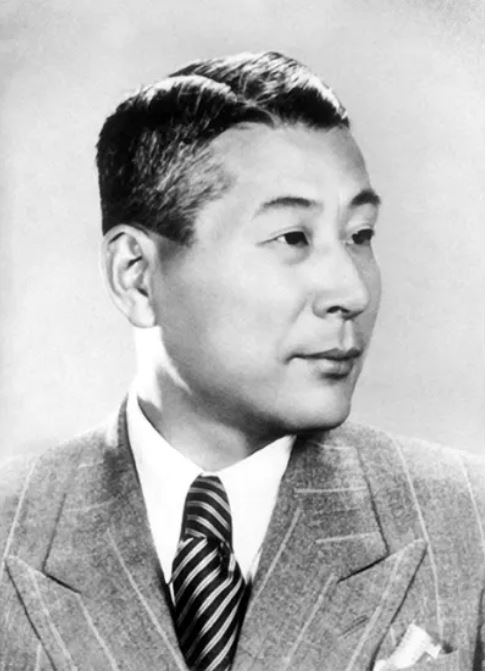Roger Moorhouse describes how various diplomats stationed in Europe risked their positions to issue as many forged ‘tickets to safety’ to Jews as possible
In the summer of 1942, the Polish poet Władysław Szlengel made a detour into light verse with ‘The Passports’: ‘I would like to have a Uruguayan passport/ Oh, what a beautiful land it is/ How nice it must feel to be the subject/ Of the land called Uruguay…’ Successive quatrains hymned the joys of Paraguayan, Costa Rican, Bolivian and Honduran citizenship before the final stanza declared that it was only with one of these citizenships that ‘one can live peacefully in Warsaw’.
The joke was serious. Szlengel was a Jewish man living in the Warsaw ghetto; and as Roger Moorhouse’s absorbing new book describes, Latin American passports were, or could be, a ticket to safety, or at least a hook on which the shreds of hope could be hung. They were forged and smuggled to Polish and Dutch Jews by a furtive and raggedy alliance of spies, diplomats and Jewish aid agencies, and what Moorhouse crisply describes as ‘the pious dishonesty of an honorary consul’.
The backdrop to this is the uselessness of the so-called international community. When it became clear that Jews were being mistreated in Germany and many of them were trying to get out, representatives of 32 nations gathered in the summer of 1938 in the fanciest hotel in Evian to eat sole meunière and address the ‘migration problem’. They all regretted it most awfully: ‘The delegates lined up… to express their profound sympathies for the dreadful plight of the refugees and to explain why their own specific circumstances made it impossible for them to allow any increase in Jewish immigration.’
Read the article by Sam Leith in The Spectator.

